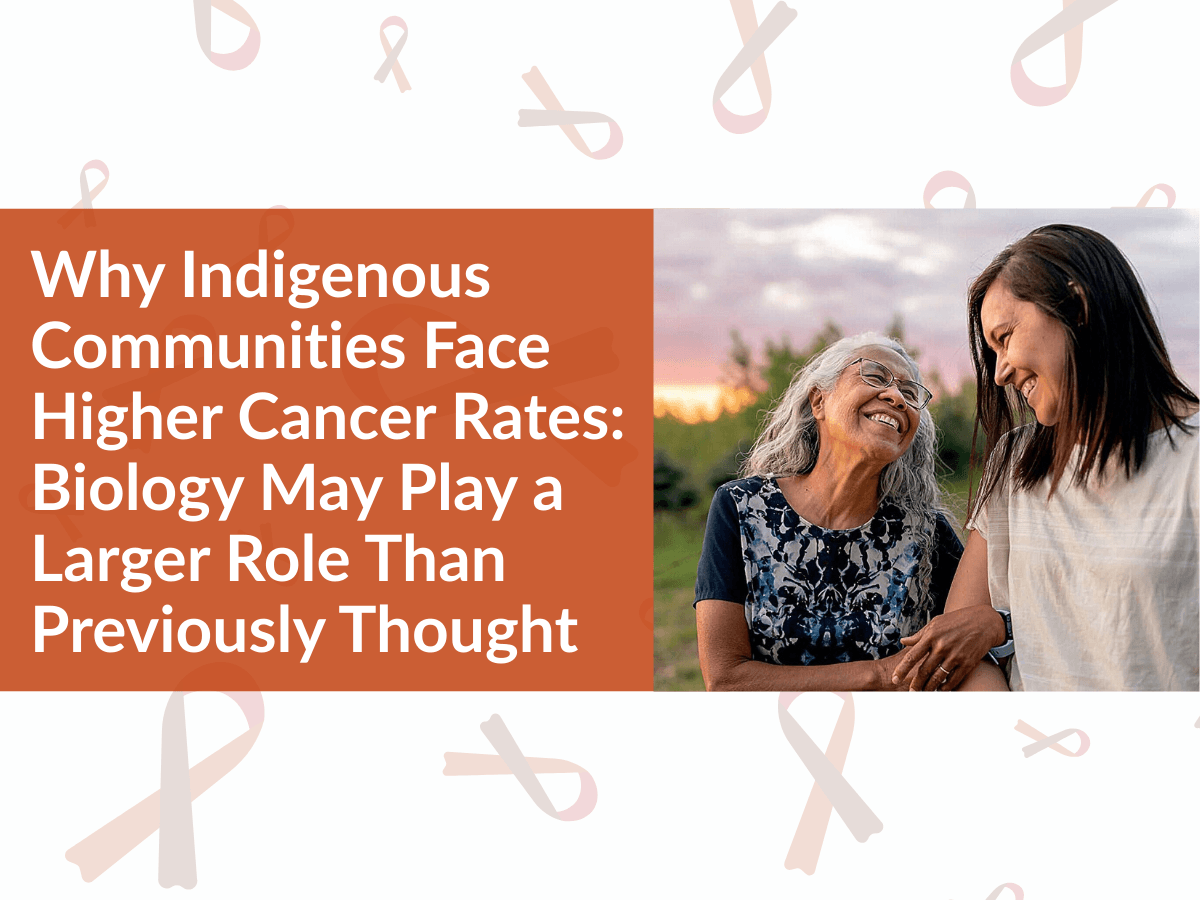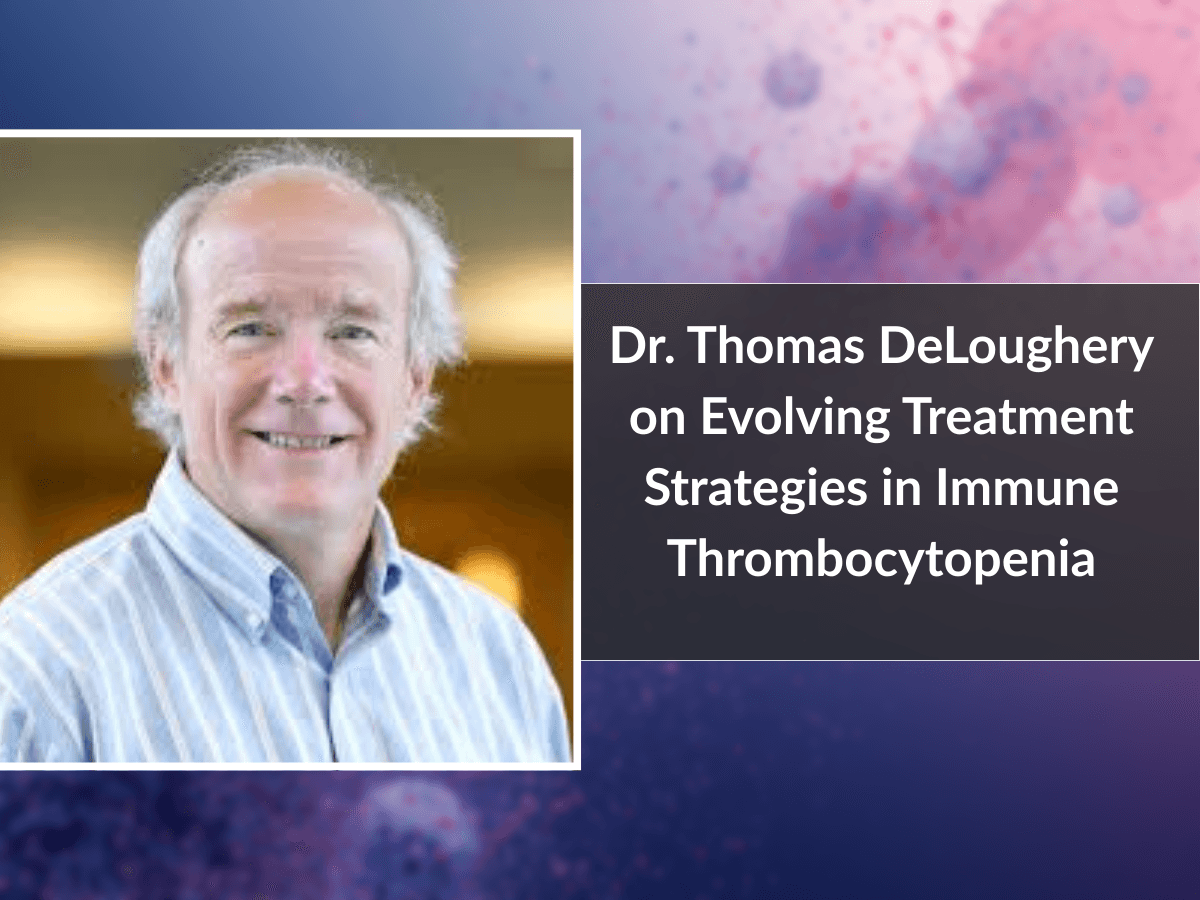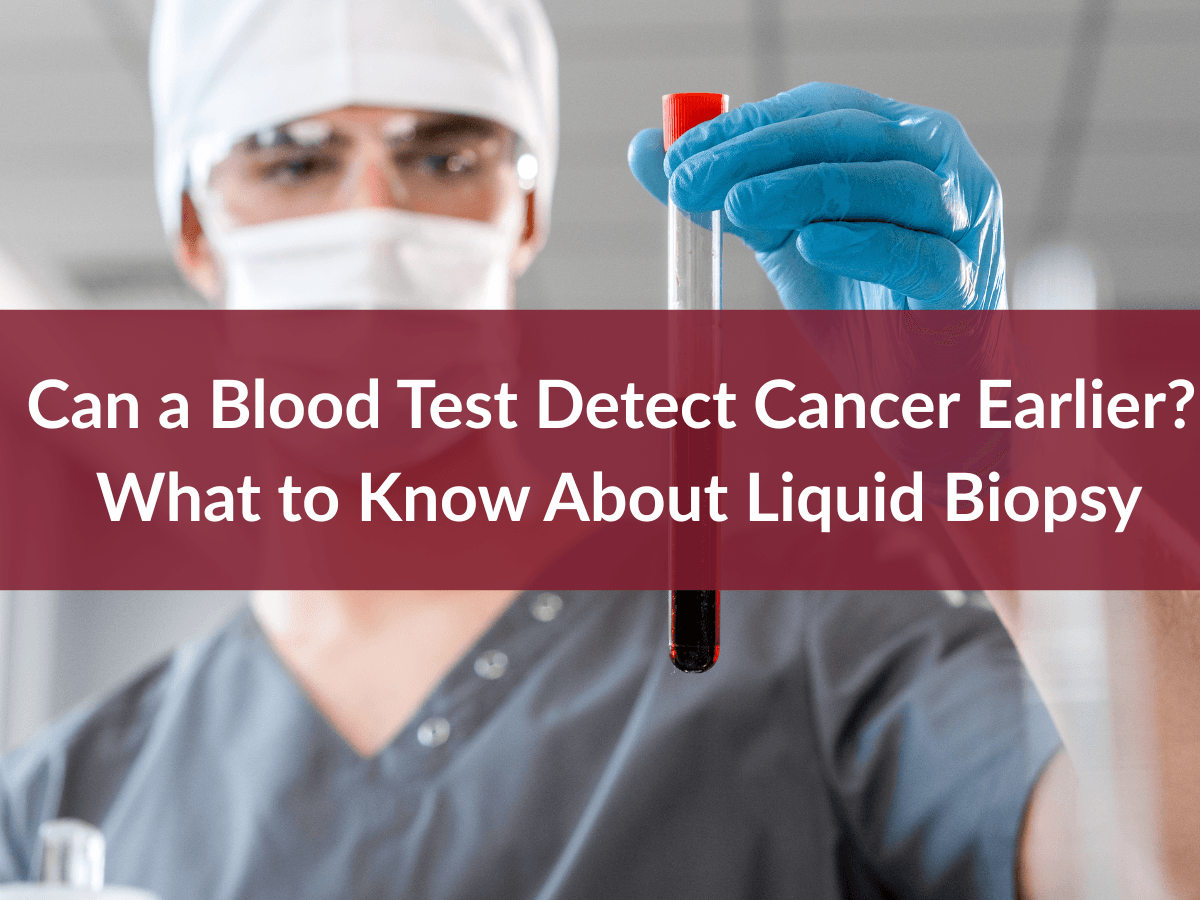
The Cancer News
AN AUTHORITATIVE RESOURCE FOR EVERYTHING ABOUT CANCER
FDA approves Inluriyo (imlunestrant) for ER+, HER2-, ESR1-mutated metastatic breast cancer

On February 15, 2025, the U.S. Food and Drug Administration approved imlunestrant, an oral selective estrogen receptor degrader (SERD). This drug is indicated for the treatment of postmenopausal women or adult men with estrogen receptor (ER)-positive, HER2-negative, ESR1-mutated advanced or metastatic breast cancer with disease progression after receiving at least one line of endocrine therapy. This is the second oral SERD approved for this patient population.
The approval is based on results from the EMBER-3 trial. The trial demonstrated that imlunestrant monotherapy provided a clinically meaningful benefit, offering a new treatment option for this population.
The FDA also authorized the Guardant360 CDx assay as a companion diagnostic to detect ESR1 mutations in breast cancer patients eligible for treatment with imlunestrant.
Efficacy Outcomes from the EMBER-3 Trial in the ESR1-Mutated Population
-
Primary Endpoint: Progression-Free Survival (PFS)
- Median PFS: 5.5 months with imlunestrant vs. 3.8 months with investigator’s choice of endocrine therapy (either Exemestane or Fulvestrant).
-
Secondary Endpoint
- Objective Response Rate (ORR): The ORR was 14.3% in the imlunestrant arm compared to 7.7% in the investigator's choice of endocrine therapy.
- Overall Survival (OS): During the PFS analysis, overall survival data remained immature, with deaths occurring in just 31% of the ESR1-mutated population.
Safety Profile
The most common adverse events occurring in 10% of patients or more included decreased hemoglobin, musculoskeletal pain, low calcium, low neutrophils, increased AST and ALT, fatigue, diarrhea, high triglycerides, nausea, low platelets, constipation, high cholesterol, and abdominal pain.
Unmet Need: Why This Approval Matters for Breast Cancer Patients
Endocrine resistance, particularly driven by ESR1 mutations, is a major challenge in the management of advanced ER-positive breast cancer. The approval of inluriyo addresses a critical need for effective, convenient oral therapies that can overcome this resistance mechanism.
A Clinician's Perspective on the New Breast Cancer FDA Approval
The EMBER-3 trial data are encouraging, showing that imlunestrant monotherapy provides clinical benefit in ESR1-mutated tumors. This offers another meaningful treatment option for patients after at least one line of endocrine therapy.
It is important for clinicians to note the differences between trials. EMBER-3 included patients both with and without prior CDK4/6 inhibitor exposure, whereas the trial for the other oral SERD, elacestrant (EMERALD), required prior CDK4/6 exposure.
Impact on the Breast Cancer Therapeutic Landscape
The field of ER-targeting therapies has taken a major step forward with the development of two oral SERDs,imlunestrant and elacestrant, marking important progress beyond the injectable agent fulvestrant. This is highly encouraging, as we now have two oral options for patients with ESR1-mutated, HR-positive advanced breast cancer. Treatment choice can increasingly be guided by shared decision-making, individual tolerability, and patient preference.
Future Directions in Treatment
A key priority moving forward is to better define which patients derive the greatest benefit from imlunestrant. For example, those with durable prior endocrine responses, similar to the subgroup benefit observed with elacestrant in patients with ≥12 months of disease control post-CDK4/6 inhibitor. In parallel, we are eagerly awaiting regulatory review of the abemaciclib + imlunestrant combination, which achieved a median progression-free survival of 9.4 months in the second-line setting, irrespective of biomarker status. This strategy could provide our patients with an effective and convenient all-oral treatment option.
About Dr. Shipra Gandhi
 Dr. Shipra Gandhi is an Associate Professor in the Department of Hematology and Medical Oncology at Winship Cancer Institute of Emory University, specializing in treating patients with breast cancer. She completed her internal medicine residency at the University at Buffalo, followed by a fellowship in hematology-oncology at Roswell Park Comprehensive Cancer Center. Her clinical interests are in breast cancer. Her research interests include biomarkers for response and toxicities, novel therapeutics for triple-negative breast cancer, and clinical outcomes by racial disparities.
Dr. Shipra Gandhi is an Associate Professor in the Department of Hematology and Medical Oncology at Winship Cancer Institute of Emory University, specializing in treating patients with breast cancer. She completed her internal medicine residency at the University at Buffalo, followed by a fellowship in hematology-oncology at Roswell Park Comprehensive Cancer Center. Her clinical interests are in breast cancer. Her research interests include biomarkers for response and toxicities, novel therapeutics for triple-negative breast cancer, and clinical outcomes by racial disparities.





